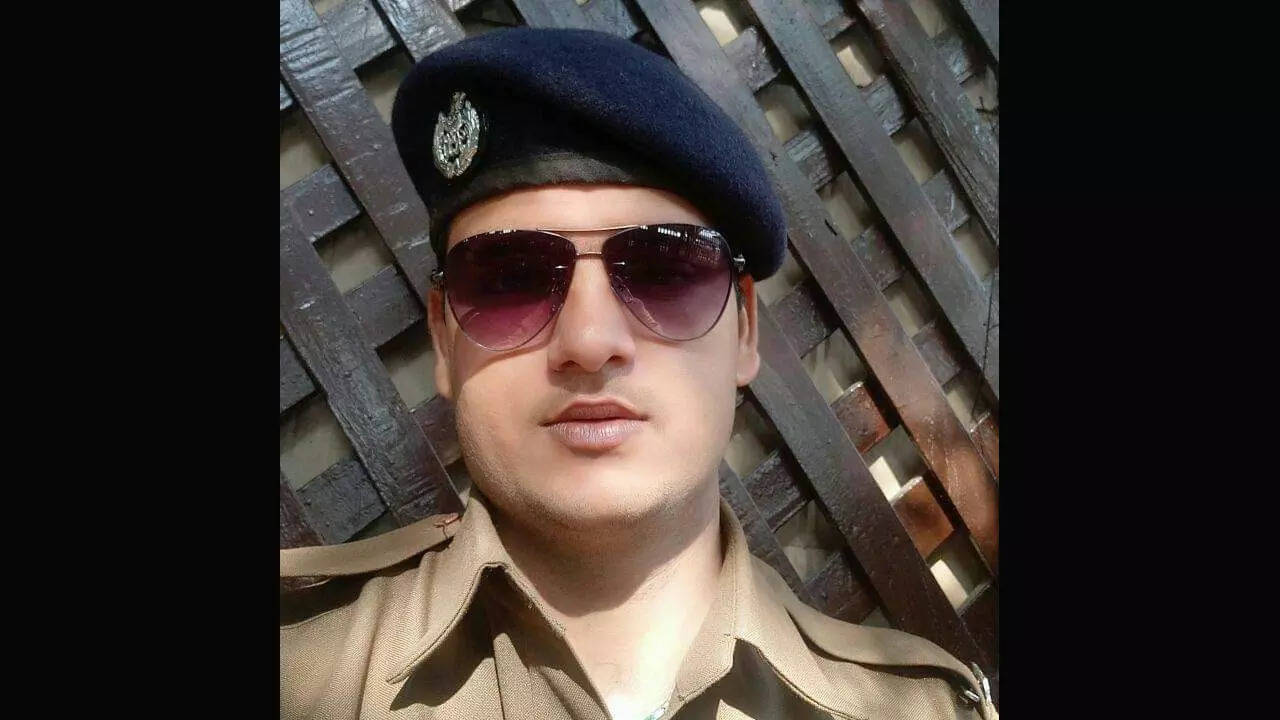Some experts said colleagues who may have been aware of his disturbed condition but allowed him to carry arms could also be prosecuted. “If the family’s claim is true, then all persons who were aware of it but allowed him to remain armed should be hauled up. And the irony is that if it is proved in court during trial that he was even momentarily insane at the time of the shooting, he will escape any conviction and will be protected under (section) 84 Indian Penal Code,” said senior counsel Aabad Ponda.
Another counsel, Pranav Badheka, said the question that the incident throws up is whether the superiors were aware of the constable’s situation. He added: “If what the family is saying is true, to what extent did his superiors know of it or were made aware of?”
Lawyers, however, also said it was premature to say what the line of defence could be. The burden lies on the prosecution to prove guilt beyond reasonable doubt. The law offers protection to an accused if the act is one of an “unsound mind” though it places a special burden on the accused to make out his or her defence of insanity.
Section 84 IPC says, “Nothing is an offence which is done by a person who, at the time of doing it, by reason of unsoundness of mind, is incapable of knowing the nature of the act, or that he is doing what is either wrong or contrary to law.” The leading judgment on the ‘insanity plea’ is the 1964 SC ruling in D C Thakker vs State of Gujarat. The SC had upheld the HC judgment that confirmed his conviction for murdering his wife. Thakker had pleaded unsoundness of mind, but failed to satisfy the court that he was unaware at the time that he was doing something wrong.


